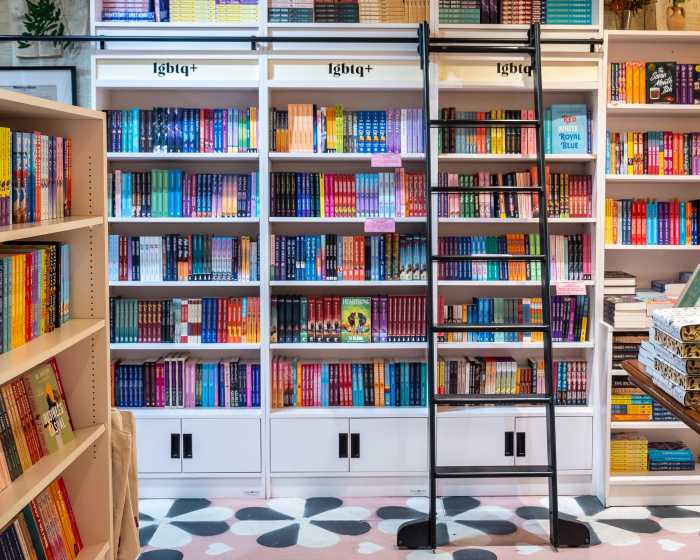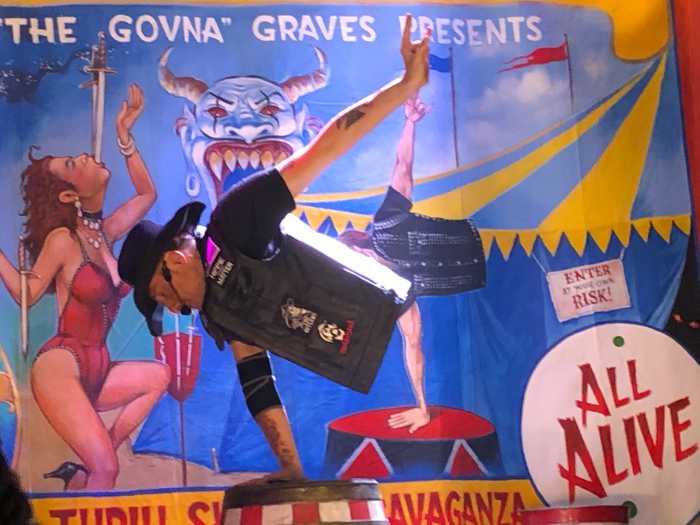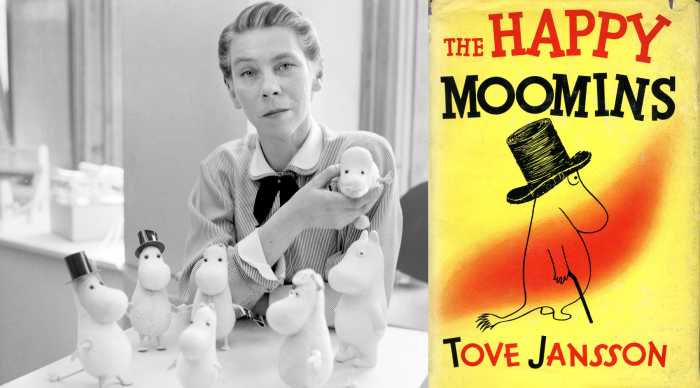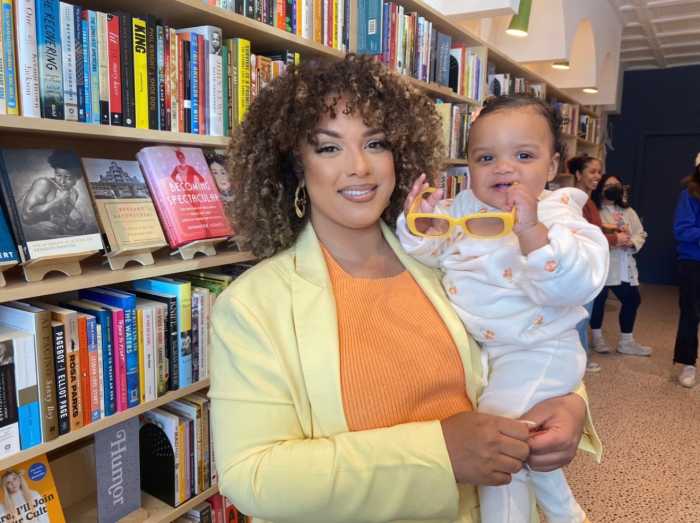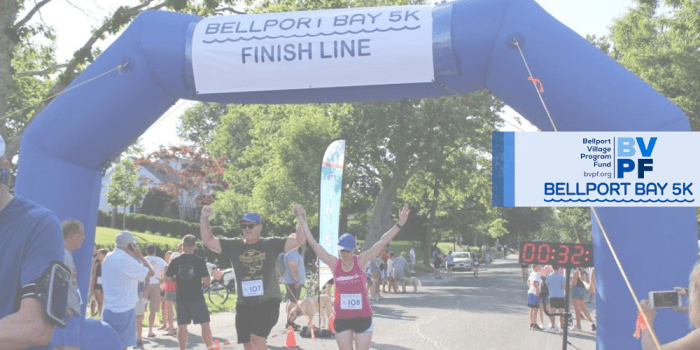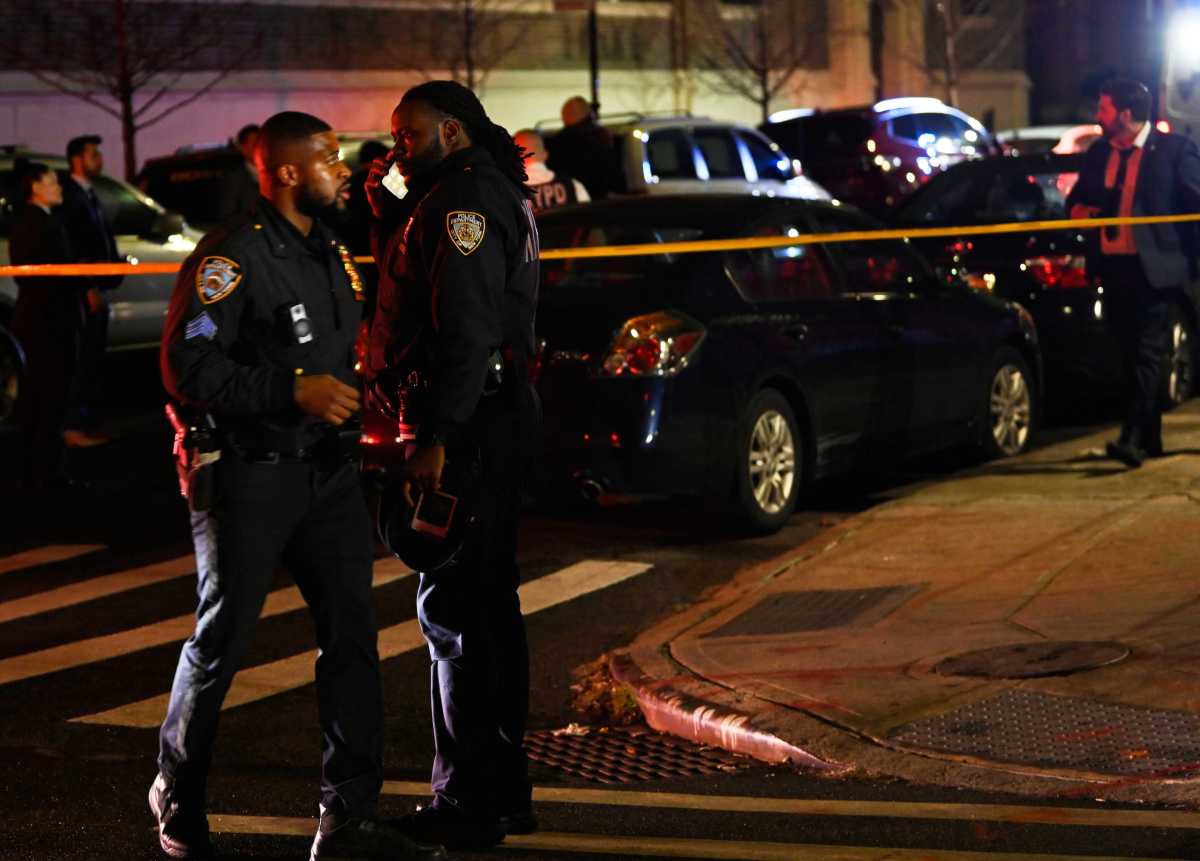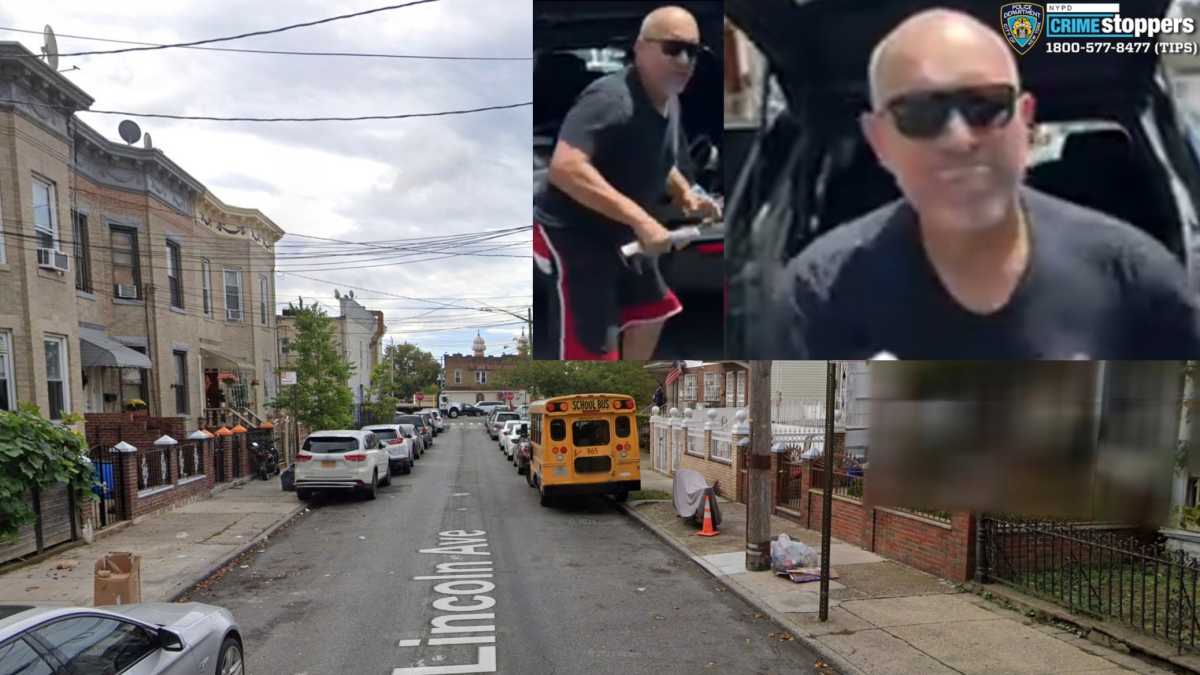Tucked up on the second floor of Brownsville’s Stone Avenue Library, a self-described “treasure trove of Black culture” awaits in the Brownsville Heritage House. A redesign is aiming to open up the resource to more people in the community and increase the nonprofit cultural center’s reputation as a star attraction in Brooklyn.
For more than 40 years, the Brownsville Heritage House has offered programming on African American history, culture and community pride through a range of events and workshops that include art, poetry, drama, music, literature and more. The organization also has a vast collection of historical artifacts related to Black history in Brownsville, which it both displays and uses in its programming.
Recently the team behind Brownsville Heritage House partnered with BlackSpace, a group of Black urban planners, architects, artists, activists, designers and leaders dedicated to protecting and creating Black spaces, to reimagine the venue as the “neighborhood’s public living room” and increase its viability for the next 40 years, the strategy document states.
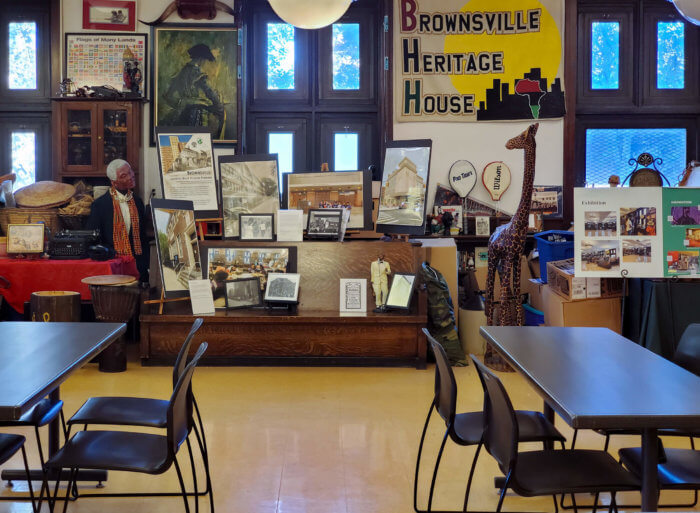
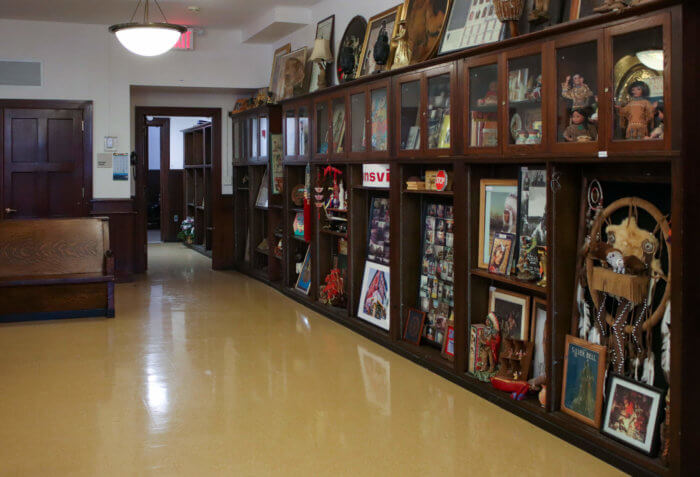
“My goal at this point is that when you come to Brooklyn, you’re going to have to come to Brownsville Heritage House, that is going to be the epicenter,” Executive Director Miriam Robertson laughed.
The revamp includes archiving and housing the center’s extensive range of artifacts, opening up space for more curated exhibitions, and increasing the capacity for programming and community outreach, Robertson told Brownstoner.
Some of the stated goals of the project include involving the community, curating an exhibition that includes surrounding neighborhood heritage spaces, and organizing the center’s archive collection to make it more accessible.
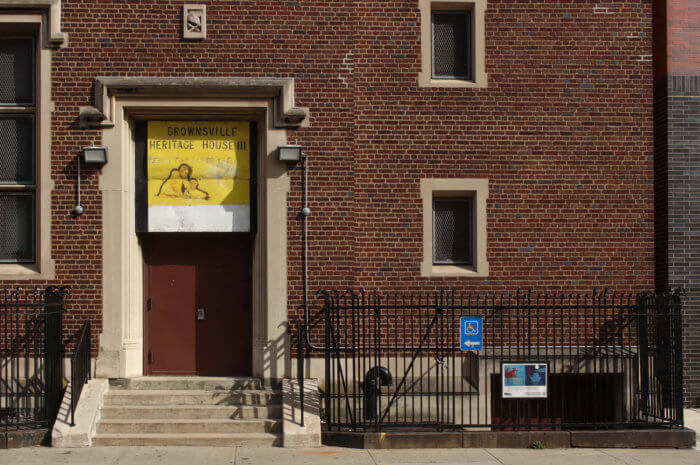
It’s all hands on deck for the project, with the codesign team including Heritage House staff, Brooklyn Public Library staff, Medgar Evers College students (instructed by Peter Robinson of WorkUrban), student mentors, the BlackSpace team and BOLT Architecture — plus public input through community workshops.
Robertson, who has led the organization for almost a decade, said she felt “so lucky that people love us so much and are willing to come out and stake a claim just to make sure that we meet those goals.”
“It’s hard for me to really put my feelings into words, because it’s just amazing that these young adults, people in the community, are so vested in keeping the Heritage House alive. It’s sometimes a little overwhelming to me, but I just can’t believe we’re loved so much that people are like ‘we’ll come, we’ll help, we’ll do it’.”
So far the team has created its design strategy and made significant headway into archiving, Robertson said. According to the strategy document: “Making the collection more accessible for research as well as disseminating examples of Black heritage preservation through the diverse catalog of objects and mixed media helps BHH deepen its mission and point of view as a Black art and cultural epicenter.”
The next steps include dividing the more than 3,400-square-foot space into three main areas: the back of house, the front of house, and the main exhibition room (which is shared with the library). Construction will take place over the coming months, with the project slated for completion by mid-2023.
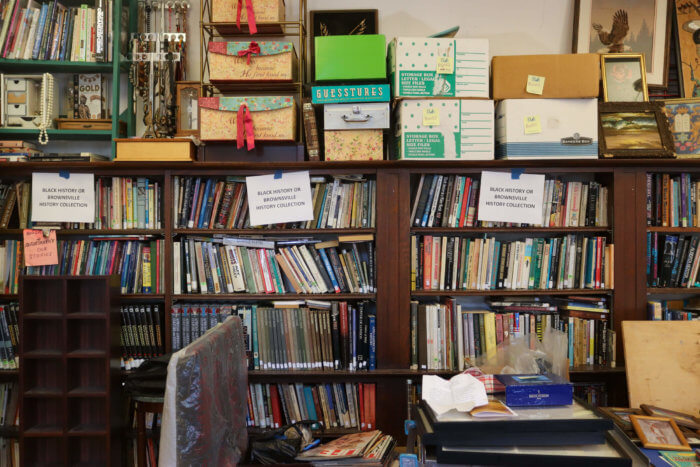
Brownsville Heritage House was founded in 1969 by Rosetta “Mother” Gaston as the Children’s Cultural Corner, where Mother Gaston taught young people in the neighborhood about their culture and history out of her living room. As her programming grew, so too did her need for space.
In 1981, with the help of Congressmen Edolphus Towns and Major Owens (a former Stone Avenue Branch librarian), Brownsville Heritage House opened on the second floor of the landmarked library located at 581 Mother Gaston Boulevard. Although Mother Gaston died a month before Heritage House officially opened its doors, Robertson said she saw her dream come true with the space and was able to meet all those who would be involved in its running.
Going forward, Robertson said, the center will be a beacon for future generations in Brownsville, combining educational and cultural programming to tell stories from the past and bring them into the future. The organization is already working on an exhibition on slavery in Brooklyn with another Brooklyn nonprofit that will be on display at Heritage House once the redesign is complete.
“These are all things that I’m sure Mother Gaston envisioned, and to see it coming to fruition under my watch, I’m really excited,” Robertson said. “I just want to make sure that I’m laying the foundation now for the next 40 years and beyond.”
This story first appeared on Brownstoner.



